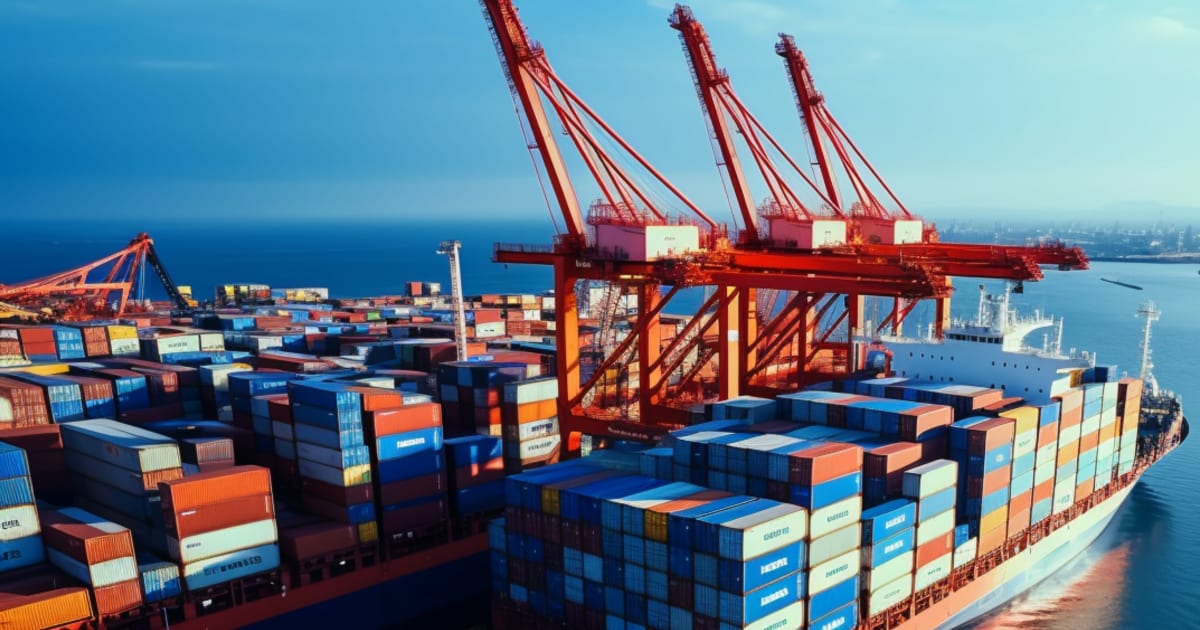
Kenya’s main imported goods
Kenya’s import landscape is shaped by its position as a major economy in East Africa, with various industries relying on international markets to supply key goods. The country’s primary imports include petroleum products, machinery, motor vehicles, electrical equipment, pharmaceuticals, chemicals, iron and steel, food items, plastics, and textiles.
Petroleum Products
As a non-oil-producing country, Kenya depends heavily on imported petroleum products to meet its energy needs. These imports include refined petroleum for transportation, industrial use, and electricity generation. The growing demand for energy in urban areas has driven Kenya to secure consistent fuel supplies, with the majority coming from the Middle East. This reliance makes petroleum imports one of Kenya’s largest import expenses.
Machinery and Transport Equipment
Machinery and transport equipment are essential for Kenya’s manufacturing, construction, and agricultural sectors. The country imports various types of machinery, from construction equipment to agricultural machinery, to support infrastructure development. Transport equipment, including vehicles and related parts, is also crucial as Kenya is a significant logistics and transport hub for East Africa. The port of Mombasa, one of Africa’s largest, facilitates the movement of imported machinery and equipment to neighboring countries like Uganda, Rwanda, and South Sudan.
Motor Vehicles and Parts
Motor vehicle imports represent a significant portion of Kenya’s import costs. Kenya’s automobile industry is growing, yet the country depends on imported vehicles to satisfy domestic demand. The most commonly imported vehicles include commercial vehicles for public transport and heavy-duty trucks for freight. Used vehicles are also a significant part of the import market due to affordability. The main sources of imported vehicles are Japan, the United Kingdom, and South Africa.
Electrical Equipment and Electronics
Electrical equipment, including items such as generators, transformers, and other industrial electrical components, is in high demand in Kenya. The electronics market has grown as well, driven by a burgeoning middle class and the widespread adoption of technology. Mobile phones, computers, and household appliances like refrigerators are popular imports, primarily from China. The demand for modern electrical equipment aligns with Kenya’s goal to expand its digital and industrial sectors.
Pharmaceuticals and Medical Supplies
Kenya imports a large quantity of pharmaceuticals and medical supplies to support its healthcare system. Despite growth in the local pharmaceutical industry, Kenya relies on imports from India, China, and the European Union to meet its demand for medication and medical equipment. The COVID-19 pandemic highlighted the need for reliable medical imports, with Kenya importing vaccines, personal protective equipment, and related supplies to address health crises.
Chemicals
Chemicals used in manufacturing, agriculture, and consumer products are a major import category. Kenya imports fertilizers and pesticides to support its agriculture, which is a critical sector in the economy. Industrial chemicals, dyes, and reagents are essential for Kenya’s manufacturing sector, which produces products such as textiles, food, and beverages. Countries like India, China, and South Africa are key suppliers of chemicals to Kenya.
Iron, Steel, and Construction Materials
The growth of Kenya’s infrastructure sector has created a demand for imported iron, steel, and other construction materials. These materials are essential for the building of roads, bridges, and high-rise buildings, especially in Nairobi and other urban centers. Kenya’s Vision 2030 development agenda has led to significant investments in infrastructure, further fueling the demand for these imports.
Food Products
While Kenya has a strong agricultural sector, it also imports food products, including wheat, rice, and edible oils. These imports complement local production and ensure food security in times of drought or poor harvests. Wheat and rice are staple foods imported mainly from countries like Pakistan, India, and Russia. Edible oils, such as palm oil from Malaysia and Indonesia, are also important imports for food processing industries.
Plastics and Packaging Materials
The need for plastics and packaging materials in Kenya has grown alongside the expansion of its retail and manufacturing sectors. Packaging is essential for products in food, beverages, and consumer goods, and Kenya imports a range of plastic products and materials to support this demand. China is one of the largest exporters of plastic goods to Kenya, supplying everything from raw plastic materials to finished packaging products.
Textiles and Apparel
Kenya imports textiles and apparel to meet demand in its clothing market and support its textile industry. Although Kenya has its own textile production, the local industry cannot fully meet the demand, leading to the import of fabrics, garments, and second-hand clothes. Imported textiles are used in the local market and are also part of the export-oriented manufacturing under the African Growth and Opportunity Act (AGOA), which allows Kenya to export duty-free garments to the U.S.
In summary, Kenya’s main imports reflect the country’s needs in energy, healthcare, construction, transportation, technology, and food security.




Leave a Reply